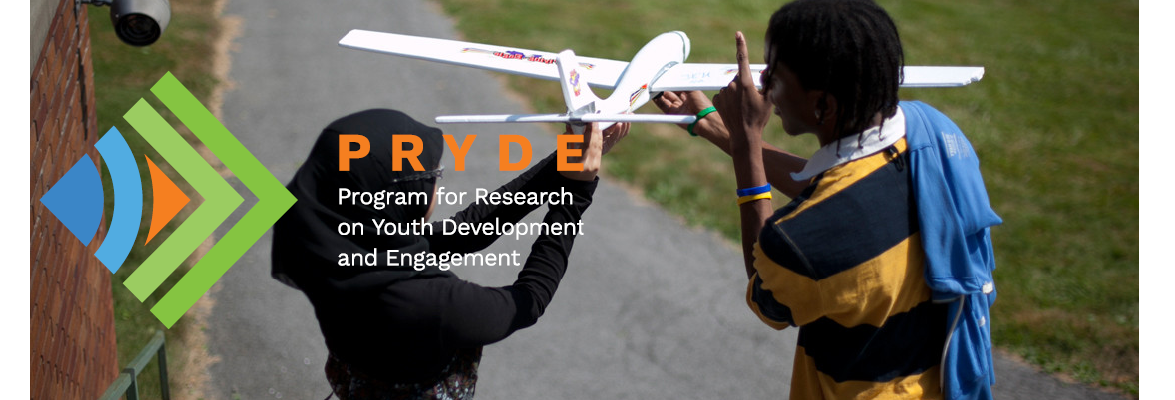PRYDE research projects fall under four major thematic areas, chosen because current research on youth development indicates they are avenues to affect significant positive change in the lives of young people.
Purpose as a Resource for Youth Program Learning and Engagement
Leader: Prof. Anthony Burrow
Research suggests that having a sense of purpose in life – or a broad intention to contribute to the world – is a developmental asset for youth. Connecting youth programs to an individual’s purpose may also enhance engagement and better promote positive youth development. Working with 4-H programs in several counties across New York State, research in this area will assess how purpose in life can be leveraged to enhance learning and engagement. This project will help youth connect knowledge gained in 4-H programs with their sense of purpose in life to enhance their motivation and capacity to contribute to the world around them.
Healthy Transitions
Leader: Prof. Jane Mendle
The emotional turmoil of adolescence is often dismissed as merely “growing pains,” but longitudinal and cross-sectional studies actually show steep increases in psychological problems when children reach this life stage. Although numerous programs exist to work with youth in the aftermath of this transition, this thematic area will take a proactive approach and explore how to intervene prior to this chaotic period. This research will build on Dr. Mendle’s earlier work in 4-H, which used a brief, focused, expressive writing intervention prompting youth to write about personal times of transition.
Intergenerational Connections
Leader: Prof. Karl Pillemer
Exposing young people to active and productive elders has been found to improve their attitudes toward aging and to foster openness to contact with older people, qualities that will become increasingly necessary as our society ages. However, many teenagers have limited contact with older people due to increased geographic family mobility and the age segregation prevalent in American society. This research area will test innovative models that link 4-H youth to older people in meaningful activities, and provide opportunities for elders to share their life experience and wisdom with the young.
Productive Use of Social Media by Youth
Leader: Prof. Elaine Wethington
In contrast to popular opinions and stereotypes about the dangers of “too much screen time,” social networking can contribute to positive, healthy adolescent development. Social media has also become a favored conduit for sharing information about healthy habits among young adults. This thematic area will be focused on how teens can make successful transitions into positive uses of social media as they enter young adulthood, exploring social media use among 4-H youth and assessing ways to encourage productive use of social media.

